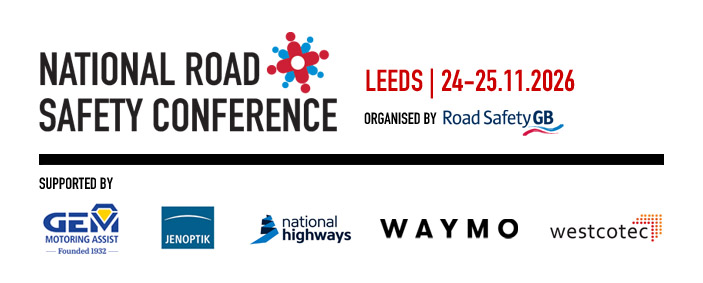Combining telematics and self-reported behavioural data to evaluate the effectiveness of an older driver intervention
Traditionally, evaluations have commonly used post-intervention “happy sheets” to record user satisfaction levels alongside questions about changes in behavioural intentions after participating. This study used a combination of hardwired vehicle telematics devices and detailed attitudinal, behavioural and situational questionnaires to provide a far more comprehensive evaluation of the effects of participation in an older driver intervention.
73 participants took part in the research, 41 male and 32 female, ranging from 61 to 92 years of age. They were assigned to three groups – intervention with questionnaires only, intervention with questionnaires and telematics, and a control group who completed the questionnaires but did not take part in the intervention. The group receiving the intervention with questionnaires only was included due to the possibility that the presence of the telematics devices may act as a form of intervention in itself.
Results showed a minimal impact of the older driver intervention on either telematics or self-reported attitudinal and behavioural factor scores across the whole cohort, but a number of interesting insights emerged about the relationship between situational variables such as age, gender and crash history, attitudinal and behavioural factor scores, and differences in the effectiveness of the intervention for sub-groups within the sample.
These findings can be used to target future older driver interventions more specifically and effectively, rather than using the usual approach of treating them as a homogenous group and applying a one-size-fits-all solution which fails to target their diverse needs and motivations.
 Dr Michelle Rayner-Gray, Senior Road Safety Officer, Suffolk County Council
Dr Michelle Rayner-Gray, Senior Road Safety Officer, Suffolk County Council
Dr Michelle Rayner-Gray MSc, PhD has worked within driver training and road safety for 25 years; the last 19 years as a Senior Road Safety Officer for Suffolk County Council where she manages driver diversionary courses on behalf of UKROeD and schemes for older drivers, young drivers and business drivers.
She has a Master’s Degree in Driver Behaviour and Education and a PhD in Human Factors, both from Cranfield University.
She has a special interest and expertise in research relating to older drivers and the factors affecting self-regulation and driving cessation.
 Dr Julie Gandolfi, Founder, Driving Research Ltd
Dr Julie Gandolfi, Founder, Driving Research Ltd
Dr Julie Gandolfi, CPsychol., AFBPsS, BA (Hons.), PGCPSE, MSc, PhD is a Chartered Psychologist and Associate Fellow of the British Psychological Society, with undergraduate and Master’s degrees in Psychology and a PhD in Human Factors from Cranfield University.
In 2007 Julie founded Driving Research Ltd., specialising in consultancy incorporating psychological theory and research into the development and evaluation of road safety initiatives and attitudinal and behavioural driver assessment and training, working with a variety of clients including Unilever, Highways England, the UK Department for Transport, the Association of Colleges, and various Local Authorities.
She also worked on a variety of human factors consultancy projects with Cranfield University between 2002 and 2017, and lectured on postgraduate degree courses including the MSc in Driver Behaviour and Education and the MSc in Automotive Systems Engineering.
